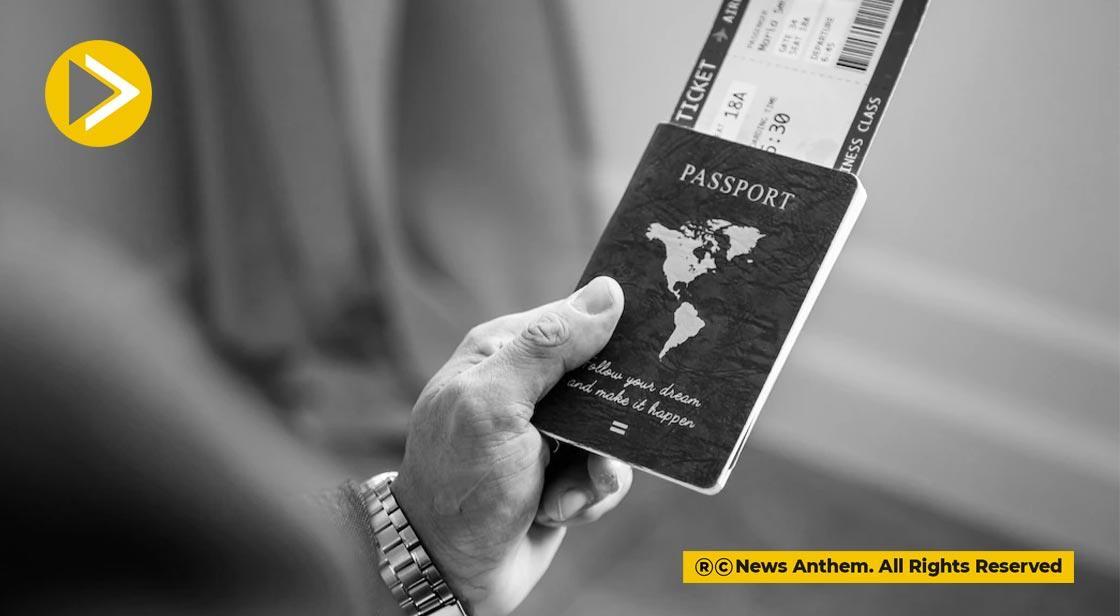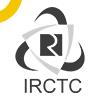Republicans urge Donald Trump to drop $100K H-1B fee amid innovation concerns

News Synopsis
On September 19, 2025, the Trump administration rolled out a policy that imposes a $100,000 fee on new H-1B visa petitions for foreign workers outside the U.S. as part of broader visa-system reform and tighter oversight of skilled-worker immigration.
The fee applies only to new petitions for workers residing abroad and does not affect existing H-1B visa holders or extensions of status.
Who is objecting and what is their argument?
A bipartisan group of seven U.S. House members — including Republicans and Democrats — sent a letter dated October 21 to President Trump and the Commerce Department urging the administration to scrap the fee. The signatories include Sam Liccardo, Jay Obernolte, Maria Elvira Salazar, Don Bacon, Suhas Subramanyam and Greg Stanton.
Their letter warns:
“The recently announced H-1B visa changes will undermine the efforts of the very catalysts of our innovation economy—startups and small technology firms—that cannot absorb costs at the same level as larger firms.”
They further say:
“We agree that the H-1B visa program can be improved and that reform is needed to better align the system with America’s values and workforce needs. At the same time, we are concerned that the recent proclamation related to H-1B visa petitions will create significant challenges for US employers and overall weaken our competitiveness.”
And they warn:
“If US companies cannot access the required talent, many highly skilled workers may return to countries such as India, China, Israel, or Europe to launch companies that compete directly against US firms.”
Why is the fee contested?
Impact on startups and small firms
The lawmakers argue that while large tech firms may absorb the cost of a six-figure fee, early-stage startups and small technology companies—often operating without steady profits—will be disproportionately burdened. The letter states:
“Specifically, we have heard clearly from technology innovators that the proclamation’s $100,000 annual fee is prohibitively expensive for early‐stage employers and small companies, particularly those that have not yet become profitable.”
Such firms fear the fee could bar them from recruiting and retaining “critically needed talent”, stalling growth, reducing employment of U.S. citizens by those same employers, and “imperiling our nation’s technological leadership and global competitiveness.”
Broader risks to the U.S. workforce and innovation
Beyond small firms, critics note the move could send highly-skilled workers abroad and hamper U.S. competitiveness. According to reporting, Indians account for around 70% of new H-1B allocations, followed by Chinese nationals at 11-12%.
In the healthcare sector, a report warns the fee could worsen doctor shortages in rural and underserved areas, since many immigrant physicians come via H-1B visas.
Legal and structural concerns
The new fee has already faced legal opposition, including a lawsuit from the U.S. Chamber of Commerce which argues that the fee exceeds executive authority and violates immigration-law limits that fees must reflect actual processing costs.
Some critics also say the policy lacks congressional backing and may bypass proper legislative channels.
What happens next?
The letter from lawmakers invites the administration to engage in crafting targeted reforms rather than broadly penalizing employers and raising costs. Among suggested approaches: increased transparency, tightening of abuse (especially in outsourcing), better wage and skill classifications, visa portability and a more reasonable fee structure.
Simultaneously, legal challenges are unfolding.
Conclusion
The $100,000 fee for new H-1B visa petitions marks a dramatic shift in U.S. skilled-immigration policy. While the administration frames it as a tool to prioritise domestic workers and tighten the visa system, the backlash from a bipartisan group of lawmakers signals real concern about its metaphorical “price tag” on innovation and competitiveness.
Start-ups, small tech firms, and sectors reliant on highly-skilled foreign talent fear the consequences. If the fee remains in place, the U.S. may risk driving away global talent to rival nations and hampering the very growth engines it seeks to power. Meaningful reform may lie not in punitive fees, but in smarter regulation, better enforcement and balanced access to global skills
You May Like









